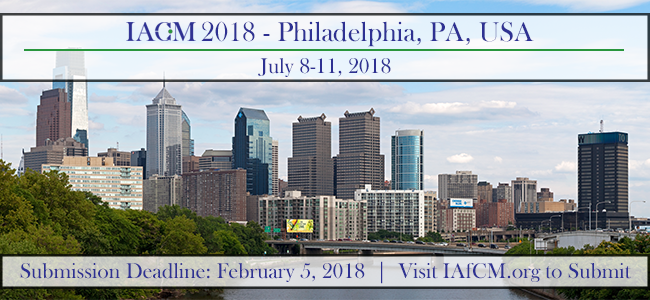Full Program »
Understanding Identity Dissonance Through Qualitative Research on Identity-Based Conflict
During the 1994 Rwandan genocide, hundreds of thousands of civilians were killed at an alarming rate. Interestingly, the vast majority of murder was not committed by militia, but rather by noncombatants against their family, friends, and neighbors. The complexity of identity-based issues in the region had been boiled down to Hutu vs. Tutsi, contributing to the genocide. This research explores the identities of civilian perpetrators in mass atrocity in order promote conflict resolution in regions experiencing, or prone to, identity-based conflict. A video testimony from the Genocide Archive of Rwanda was selected for in-depth narrative and textual interpretation. Through this analysis the need for agency, belonging, and stability surfaced. To address these underlying needs, intervention strategies including civic engagement, strategic visioning, and community weaving, were proposed. Additionally, considerations to ensure the sustainability of these interventions were suggested.
